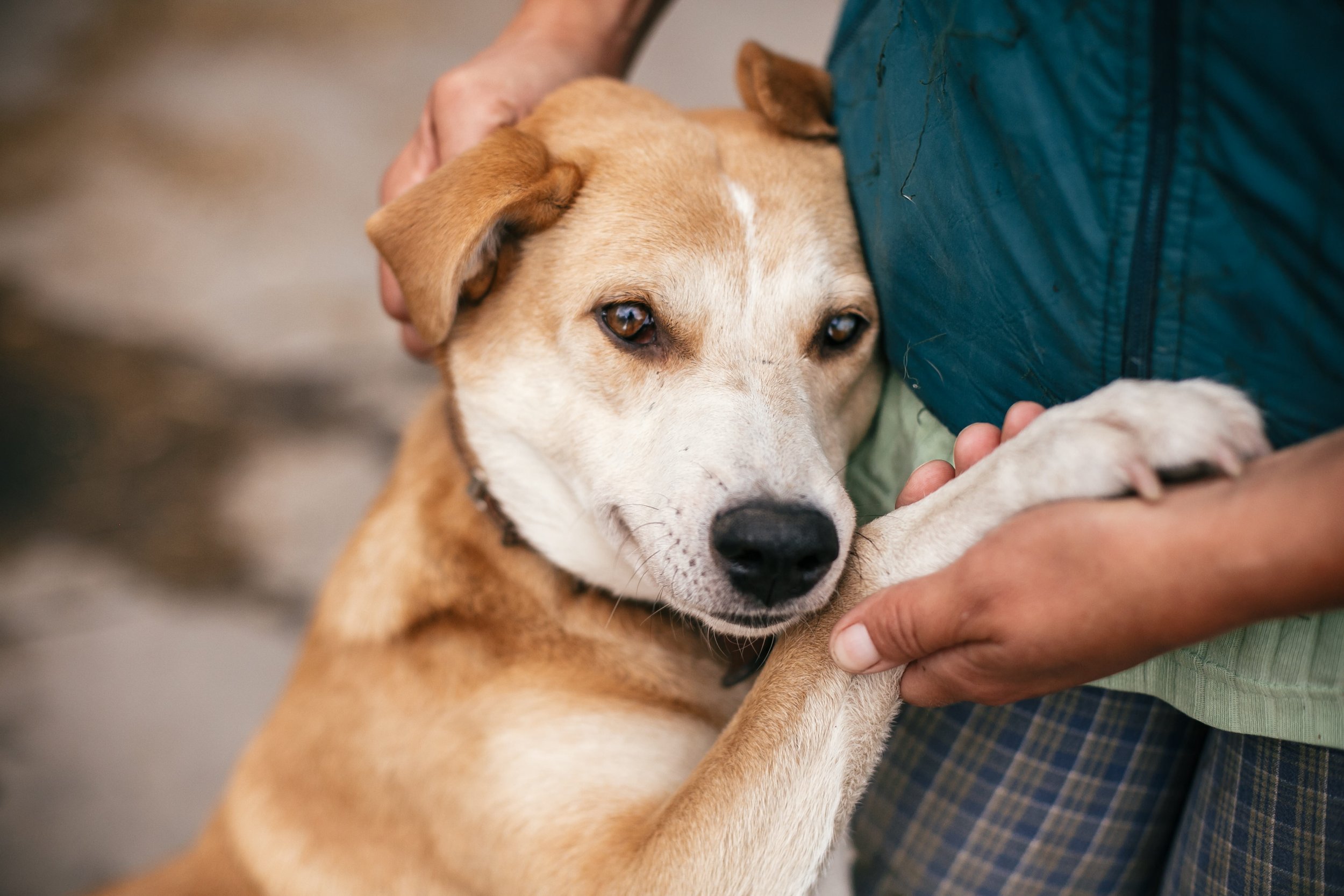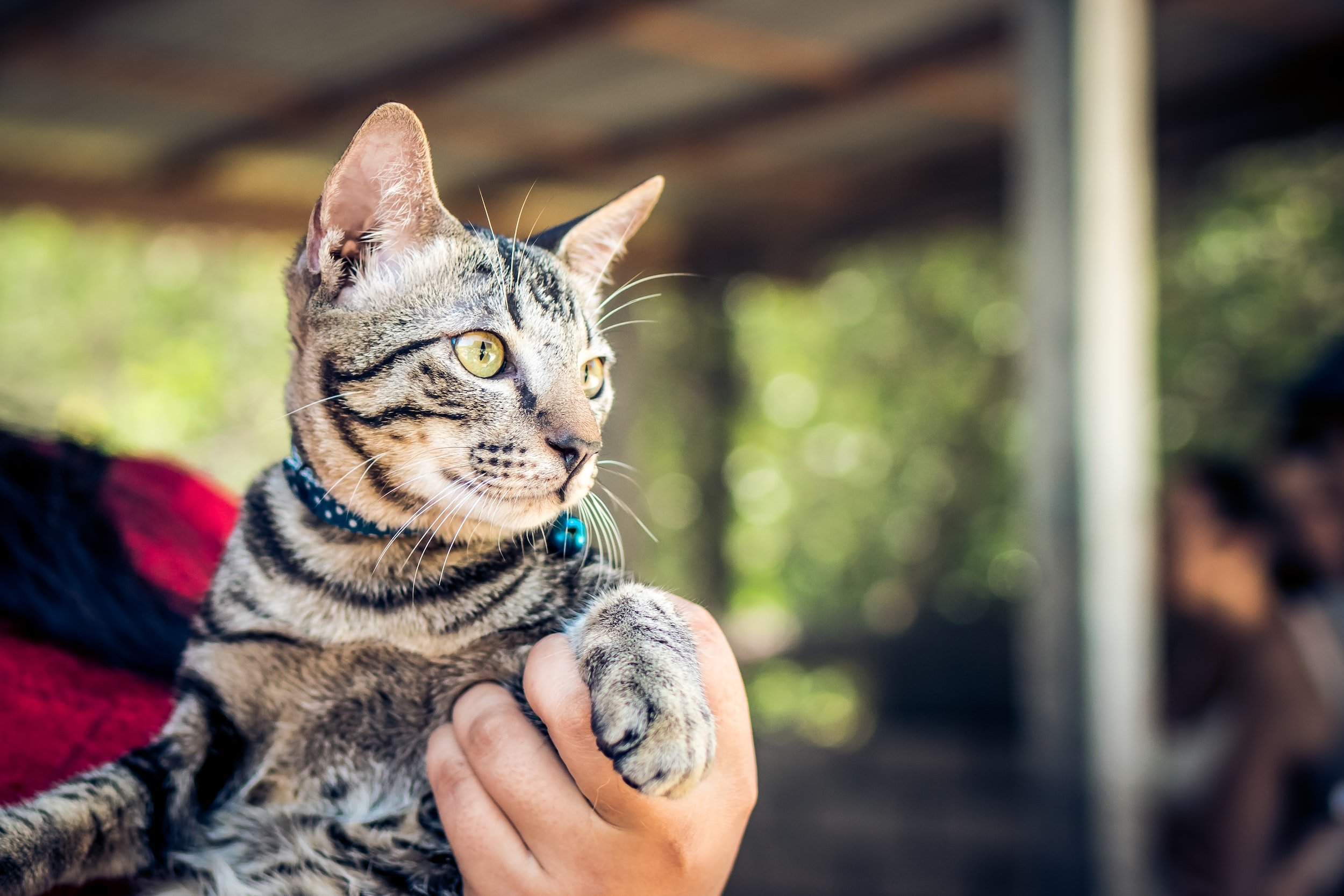8 ways to become a greener pet owner
Owning and caring for a pet can be a rewarding experience, but it doesn’t have to cost the earth. Changing small everyday choices can have a significant impact on the environment and our wildlife. From the products we use to the decisions that we make, there are a number of ways to become a greener pet owner.
Pet adoption
If you are thinking of getting a pet, consider adopting from an animal shelter. Adopting a pet helps reduce overpopulation and lowers demands on breeders. You are also providing a loving, forever home to an animal in need.
Walk instead of driving
Dogs can be great companions, but they are also good at encouraging you to stay active. Going for regular walks with your dog can help keep you both happy, fit and healthy. Investigate local beaches, parks and reserves that are close by and walk there instead of jumping in the car where possible. For some inspiration on local parks in Narre Warren and surrounding suburbs click here.
Planet friendly food
Try to find food with recyclable packaging or buy in bulk if you can be sure that the food will be used before its expiration date. If feeding canned food, invest in can covers so you can stop using plastic wrap. Rinse empty tins and place them in your recycling bin along with soft plastic packaging.
For dogs and cats on meat-based diets, pick foods with lower impact meats, such as chicken or try looking for pet food made from by-products of the meat industry such as bonemeal and organ meat. Also look for high quality plant-based ingredients. For fish-based food, go for sustainably certified products.
Scoop the poop with biodegradable bags
Picking up after your pet can be unpleasant, but it’s important for a healthy ecosystem. Pet faeces can carry disease which can impact on the health of other animals and people. It can also pollute waterways and coastal areas through run-off, which can effect our wildlife. Not to mention the inconvenience to locals who may accidentally step on it.
Whether its your backyard or out on a walk, pick up after your pet even if its away from foot traffic. Go for bio-degradable bags, rather than single use plastics and dispose of it in your normal household rubbish bin.
Eco friendly cat litter
Choose a cat litter made from recyclable or sustainable material that is bio-degradable, so it breaks down over time. There are many ecofriendly options including litters made from recycled wood shavings, newspaper and fibrous material from wheat, maize and tree-nut crops.
Sustainable toys and supplies
Having new toys for your pet to play with can be an enriching experience. Next time you are looking for ideas, consider getting creative and making your own toys.
DIY homemade pet toys are a resourceful way of using items around the home to create something interesting and fun for your pet. Items such as cardboard boxes, old cotton t-shirts, tea towels and tennis balls can easily be turned into entertainment for your four-legged friend. For inspiration for dogs, cats and pocket pets, click here.
If you are buying new, look for long lasting toys made from sustainable or recycled materials that are preferably recyclable at the end of their lives. Donate lightly used or unwanted toys by contacting your local animal shelter who will most likely be glad for the support.
Spay or neuter your pets
Desexing your pets prevents unwanted pregnancies, which helps deal with overpopulation. There are many other benefits.
In female pets, it can help reduce the risk of mammary tumours and eliminates the risk of ovarian cancer and pyometra (infected uterus). For male pets, it helps reduce behavioural issues, such as aggression, dominance and destructive behaviour. It also eliminates the risk of testicular cancer and reduces the risk of prostate disease and perianal tumours.
Desexing your pet is a routine surgical procedure and generally your pet is home by the evening of the surgery. For more information on desexing your pet click here.
Help our wildlife
It’s important to consider your pets impact on the local wildlife. Restrict outdoor access to cats at dawn and dusk when wildlife is most active. You can also attach a bell to your cat’s collar to warn wildlife of your cats presence.
When walking dogs, be sure to keep them on a lead where wildlife is present and read signs before entering areas with dogs to ensure rules and regulations are met.
There are many small steps that can be taken to become a more sustainable pet owner. Over time, these changes can have a significant impact on the environment and our wildlife. Every little change can help create a healthier future for us all.




